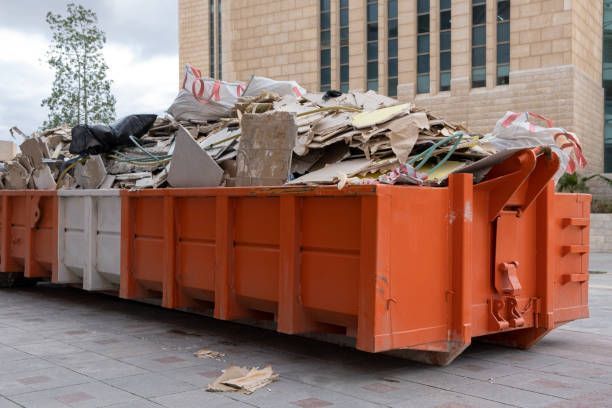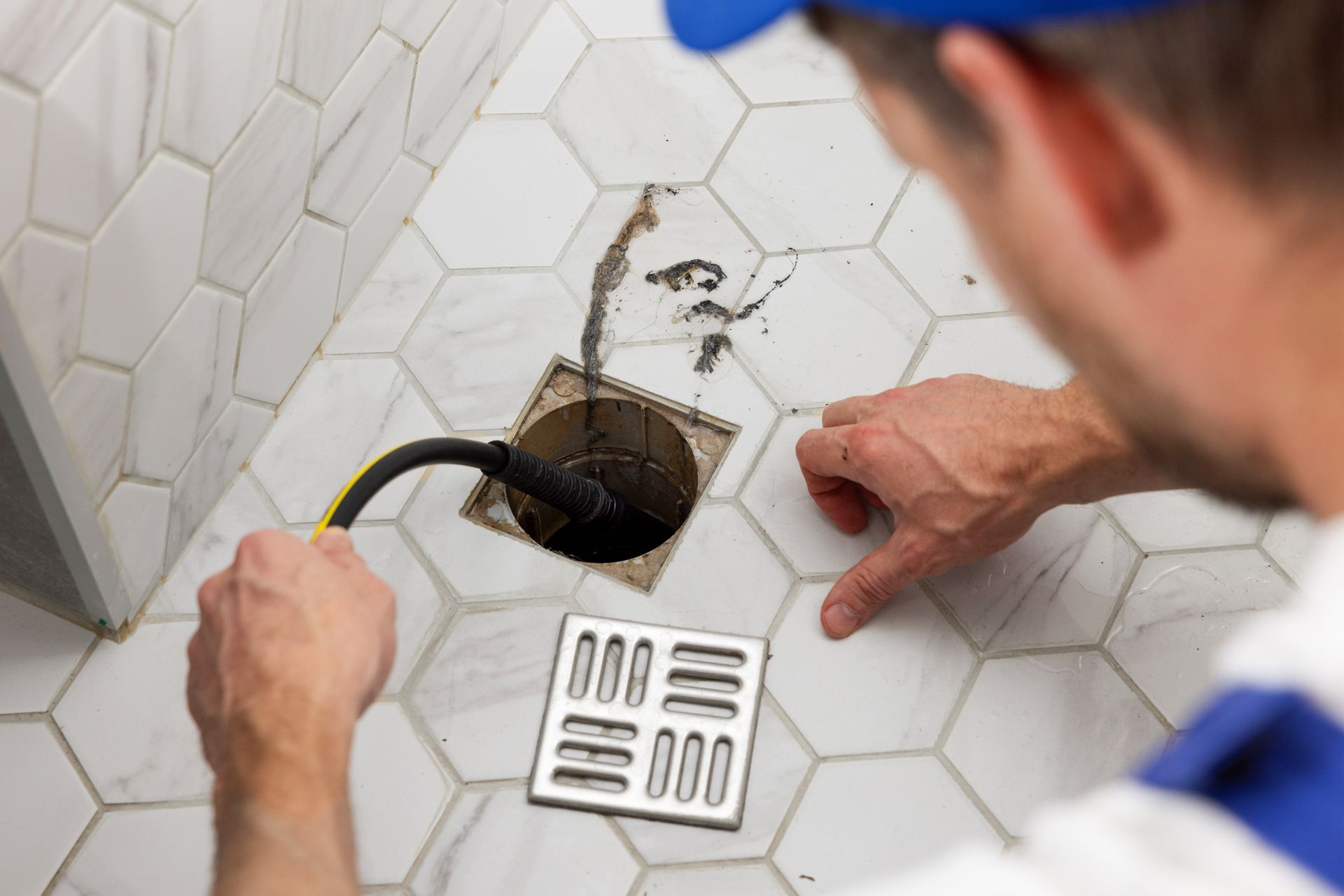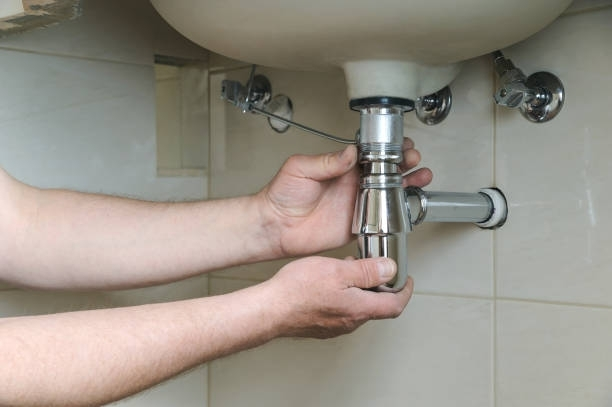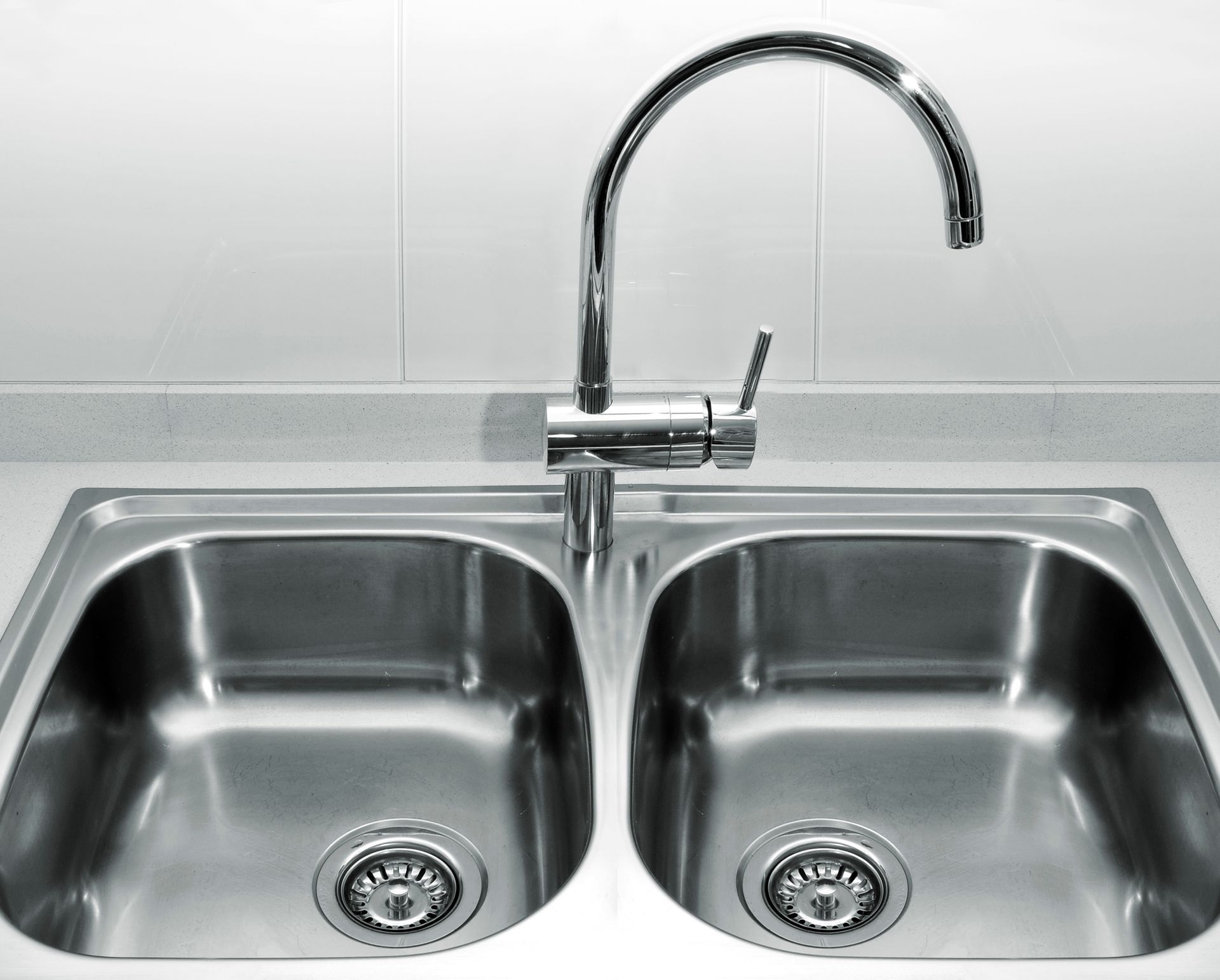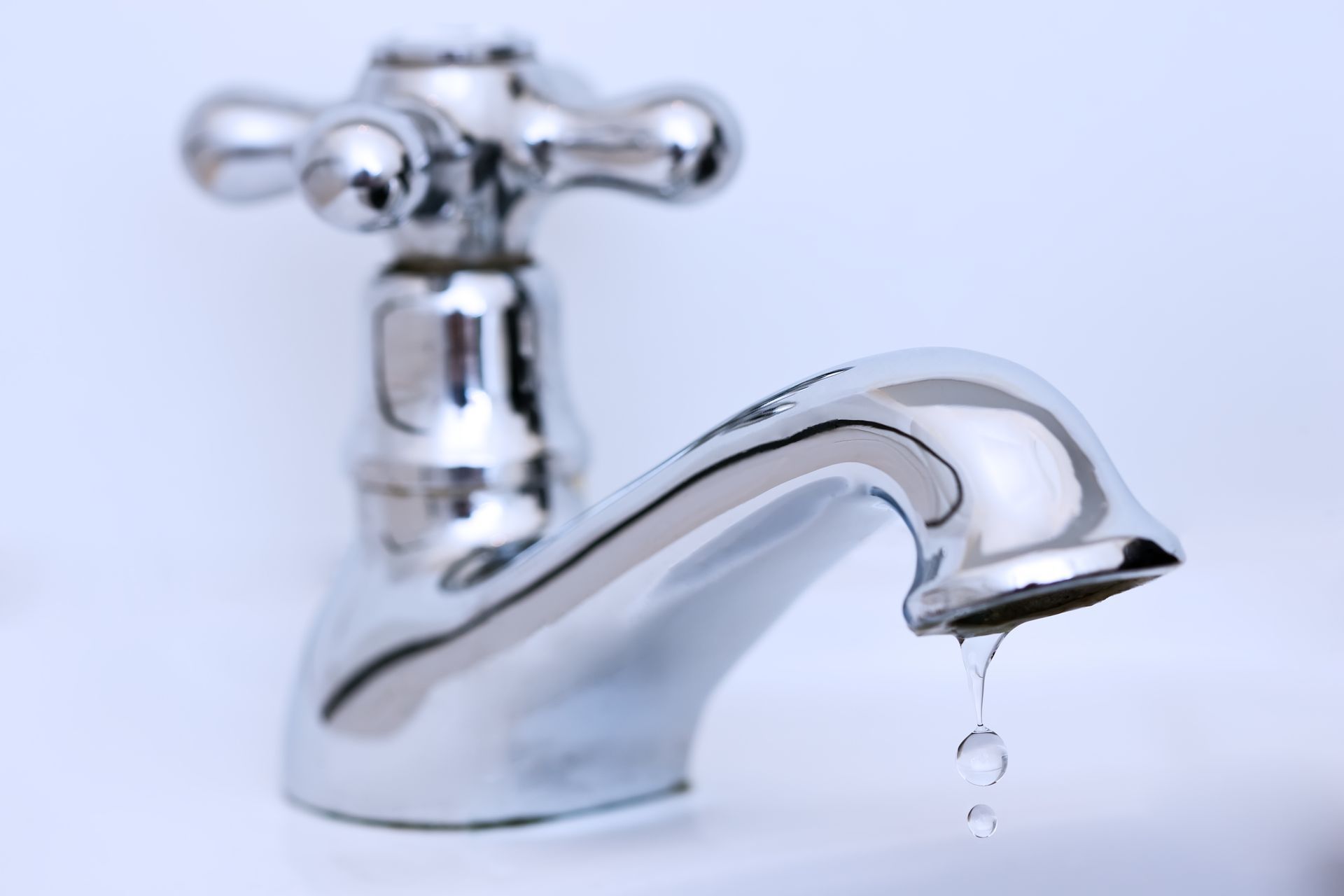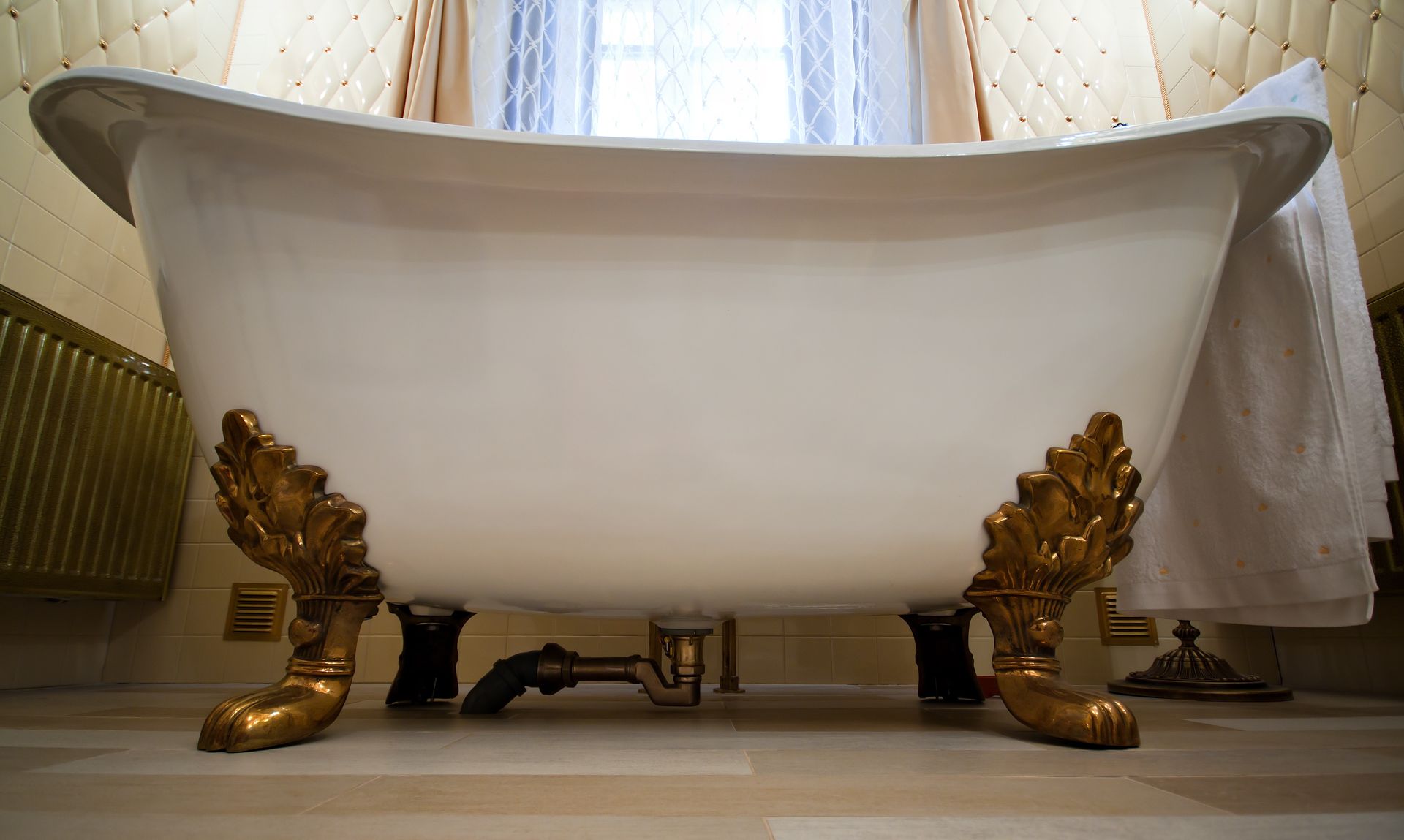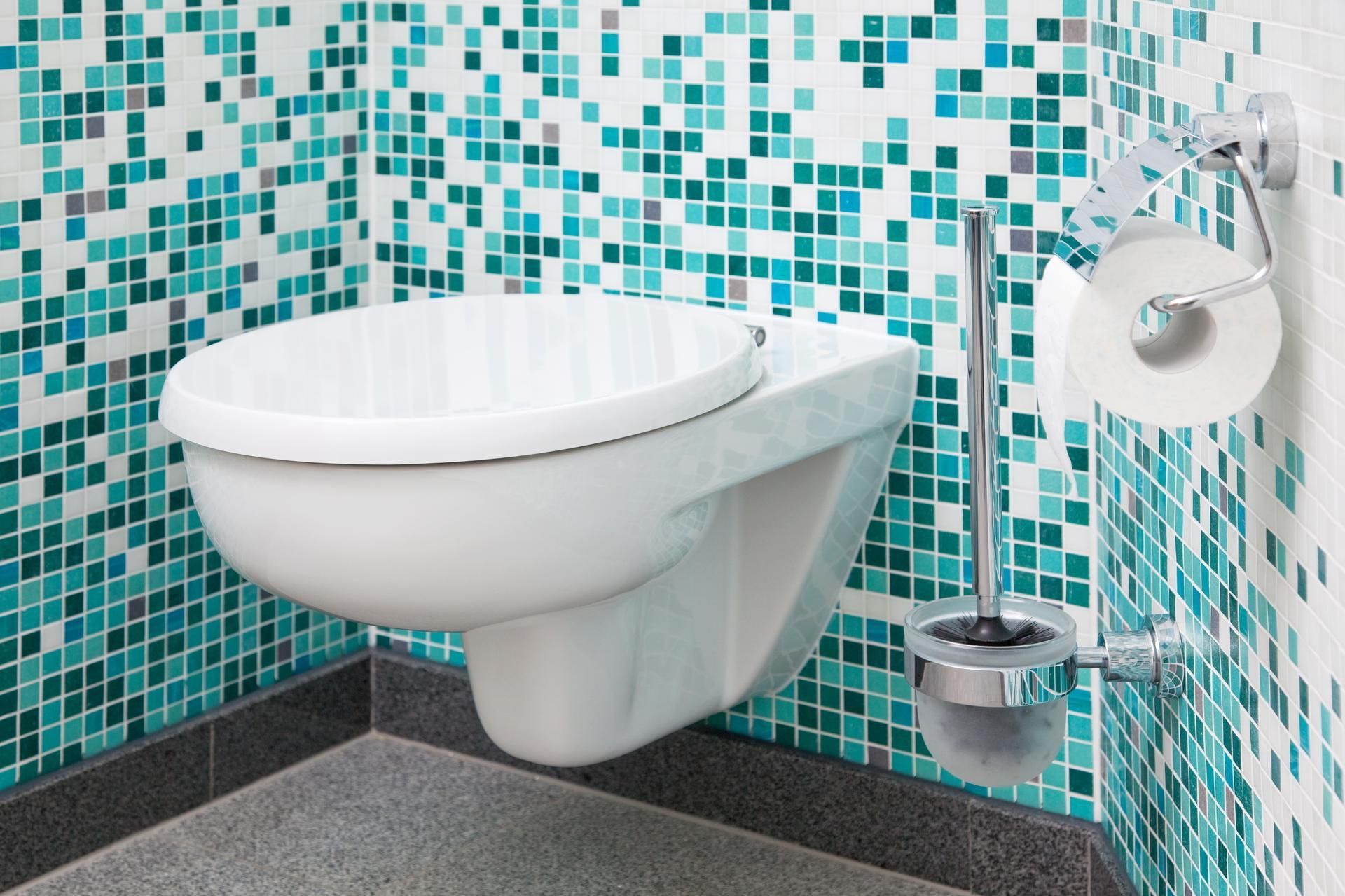Recognizing the Signs: When It's Time to Replace Your Boiler
Boilers play a crucial role in maintaining the comfort and warmth of your home, especially during the colder months. However, like any other appliance, they have a limited lifespan, and recognizing the signs of an aging or failing boiler is essential to ensure your home remains safe and energy-efficient. This guide will help you identify the key indicators that it might be time to replace your boiler.
Unusual Noises
A well-functioning boiler typically operates quietly. Unusual noises such as banging, clunking, or whistling can indicate underlying issues. These sounds often result from air in the system, low water pressure, or even a malfunctioning component. While some of these issues can be repaired, persistent noise often signifies that the boiler is nearing the end of its useful life and may need replacement.
Frequent Breakdowns
Boilers that frequently break down and require constant repairs can become a financial burden. If your boiler has needed several repairs in the past few years, it may be more cost-effective to invest in a new unit. A modern boiler will not only save on repair costs but also operate more efficiently, reducing your energy bills.
Inefficiency and Rising Energy Bills
An aging boiler tends to lose efficiency over time, consuming more energy to provide the same amount of heat. If you notice a significant increase in your energy bills without a corresponding increase in energy usage, your boiler could be the culprit. Upgrading to a newer, more efficient model can result in substantial cost savings in the long run.
Inconsistent Heating
Uneven heating or fluctuating water temperatures are clear indicators that your boiler is struggling to perform. This inconsistency can manifest as some rooms being warmer than others or hot water running out quickly. These issues often arise from internal wear and tear, signaling that the boiler may be on its last legs.
Age of the Boiler
The age of your boiler serves as a key indicator for potential replacement. Typically, boilers last about a decade. If your boiler nears or surpasses this timeframe, it's prudent to contemplate getting a new one. Aged boilers are not only less efficient but also more susceptible to malfunctions, shifting from an asset to a liability.
Yellow Flame Instead of Blue
A healthy boiler flame should burn blue. If the flame turns yellow, it could indicate a carbon monoxide leak, a dangerous and potentially deadly issue. Other symptoms of carbon monoxide presence include soot around the boiler, condensation in the room, and an acrid smell. Immediate action is required if these signs are observed, including turning off the boiler, ventilating the area, and contacting a professional.
Leaks and Drips
Any signs of water leakage from your boiler should not be ignored. Leaks often indicate internal corrosion or a failing component. While some leaks can be fixed, they often signal that the boiler is deteriorating and may soon fail entirely. A leaking boiler also poses safety risks, such as electrical short circuits and water damage.
Lack of Modern Features
Modern boilers have advanced features that enhance efficiency and convenience, such as programmable thermostats, smart controls, and energy-saving modes. If your boiler lacks these features, upgrading to a newer model can provide better performance and greater control over your heating system.
Poor Air Quality
Boilers that are not functioning correctly can negatively impact indoor air quality. Older models may not filter air as effectively, leading to increased dust, allergens, and other pollutants in your home. If you notice a decline in air quality, it might be time to consider a boiler replacement.
Visible Signs of Wear and Tear
Rust, corrosion, and other visible signs of wear and tear on your boiler indicate that it is reaching the end of its service life. These issues can lead to further mechanical problems and potential safety hazards. Regular maintenance can help extend the life of your boiler, but significant visible damage often means that replacement is the best option.
Difficulty Finding Replacement Parts
As boilers age, finding replacement parts can become increasingly difficult. Manufacturers may discontinue parts for older models, making repairs more expensive and time-consuming. If your technician struggles to find the necessary components to fix your boiler, it might be more practical to invest in a new unit.
Recognizing the signs that your boiler needs replacement is crucial for maintaining a safe, comfortable, and energy-efficient home. Unusual noises, frequent breakdowns, increased energy bills, and inconsistent heating are just a few indicators that it might be time for an upgrade. Additionally, the age of the boiler, visible wear and tear, and difficulty finding replacement parts should prompt consideration of a new unit.
Investing in a modern, efficient boiler not only enhances your home's comfort but also provides long-term cost savings and peace of mind. If you observe any of these signs, contact our office.

